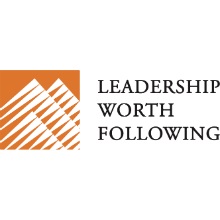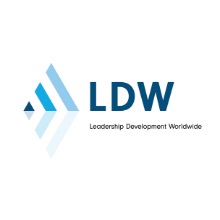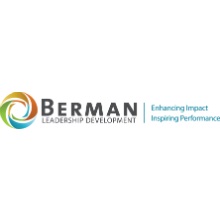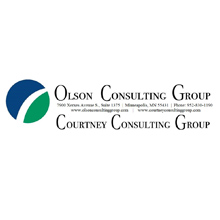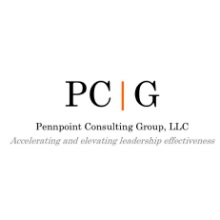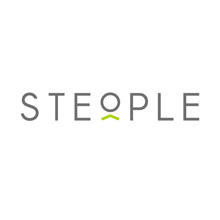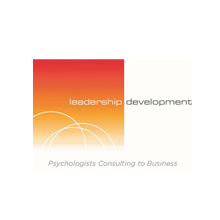Advancing Meaningful DEI Outcomes within SCP
By: Ryan C. Warner, PhD, CRC
Recent events, grounded in historical context, have served as a catalyst for organizations to take notice and directly address the problem of inequities within our workplaces. As psychologists, it has been the status quo to acknowledge that diversity, equity, and inclusion (DEI) are important and should be ingrained in every aspect of our work. Serving as DEI champions should be intentional and deliberate throughout our consulting practices. And within this context, questions may surface that trigger spirited discussion. For example, what actions do we intentionally and deliberately engage in on an ongoing basis to enhance DEI when working with individuals, teams, and organizations? What exactly are diversity, equity, and inclusion anyway? And, as psychologists, how do we lead change that inspires and invigorates others?

